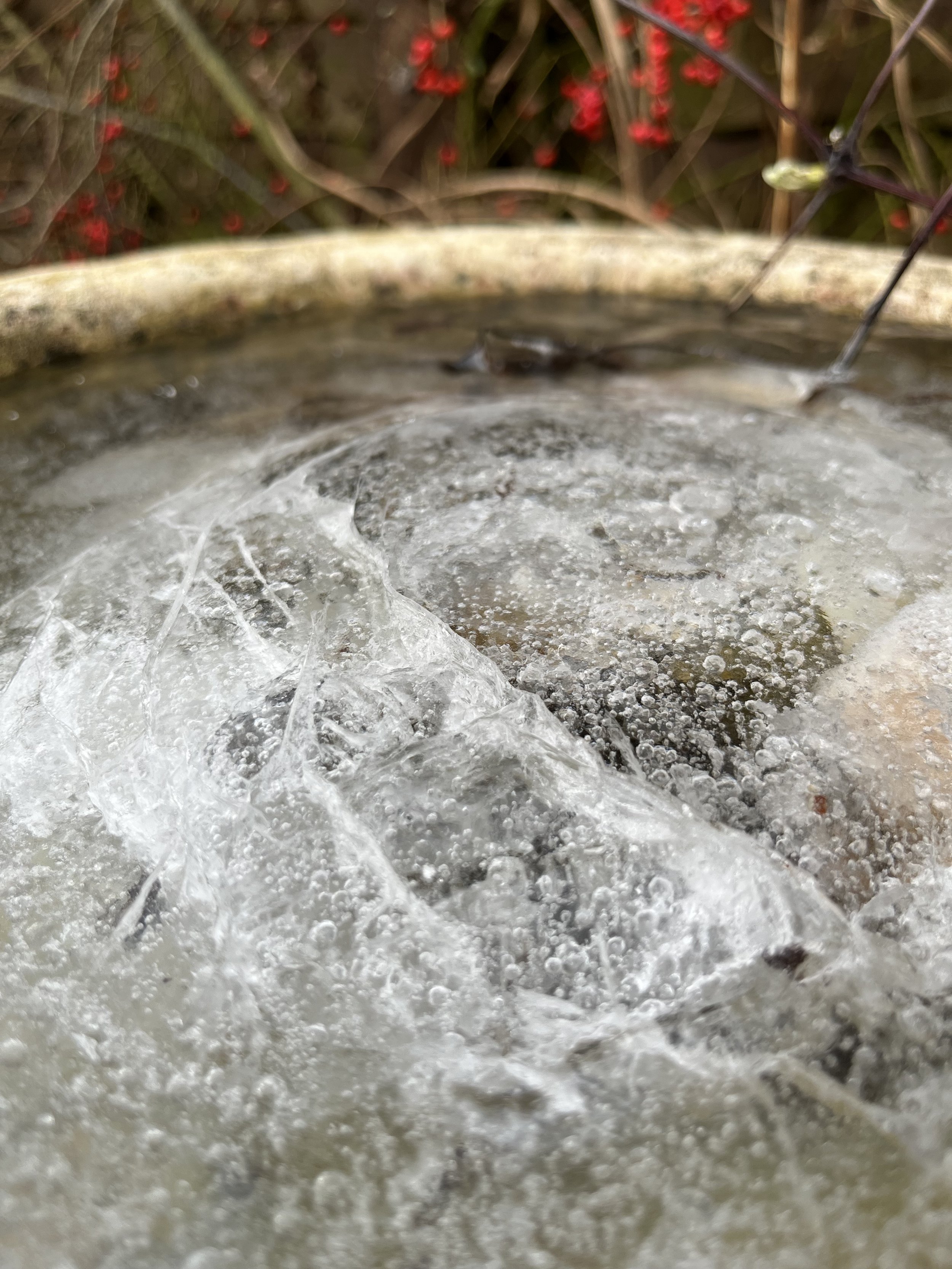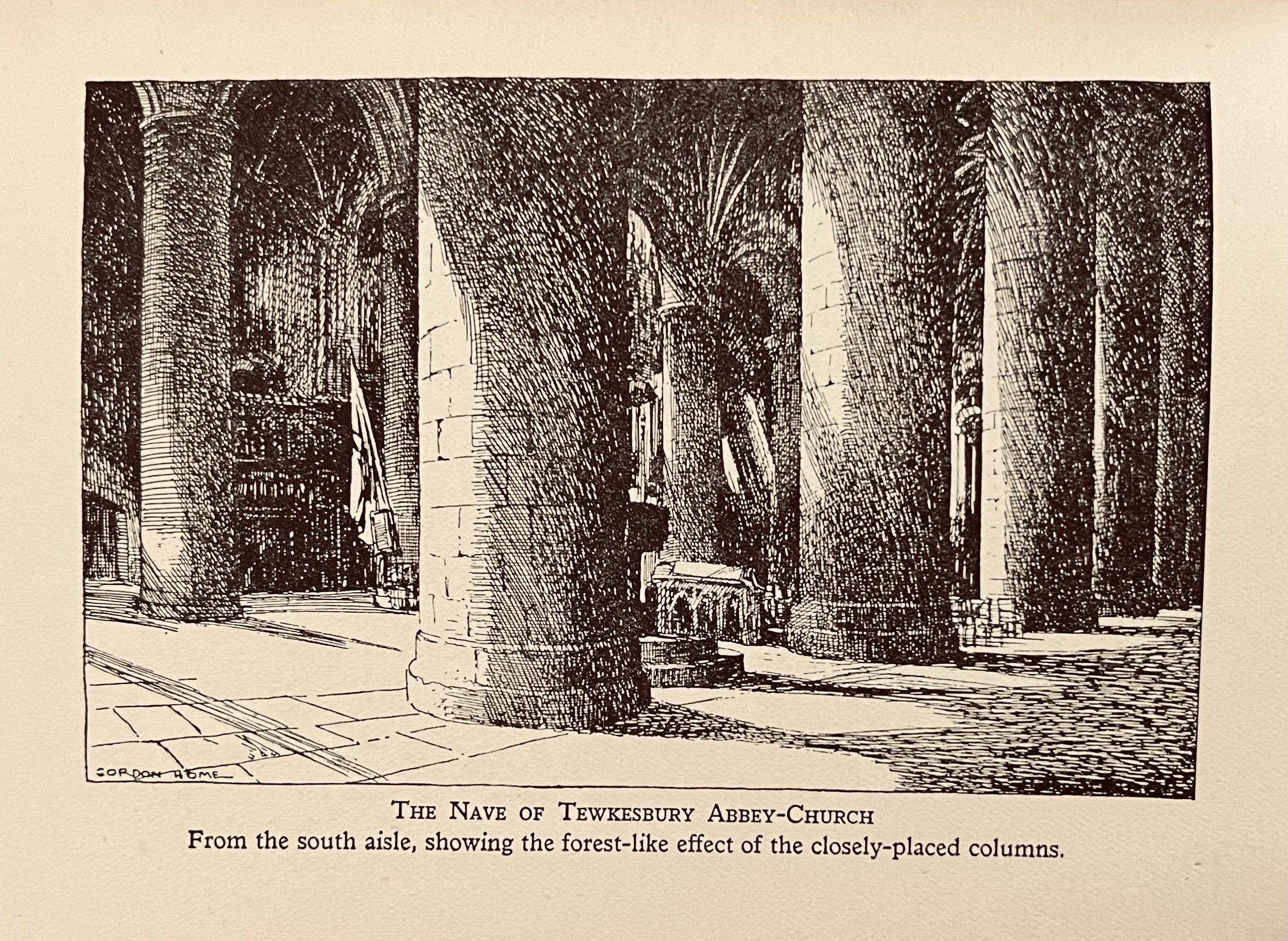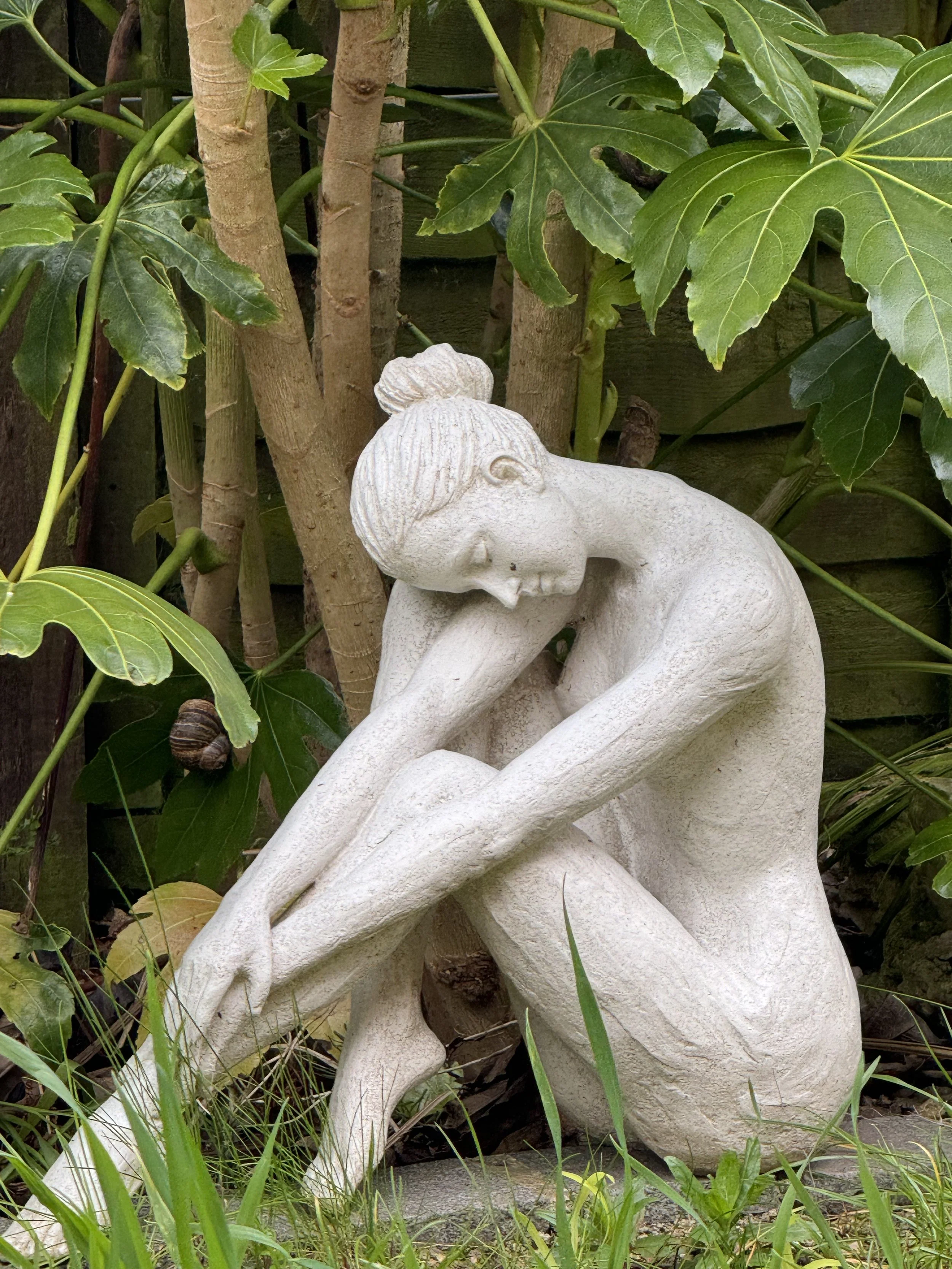Rainwater Harvesting

DIARY
Rainwater Harvesting
DAILY LIFE rarely recognises our reliance upon vital services, simply because they are out of sight and, therefore, out of mind.
I turn the water tap on, and I have freshwater and it is of no particular concern to me as to how the water has arrived at all in the tap, until something goes wrong; an odd smell, or worse still, no water at all emanating from the tap despite vigorous turning, re-turning, shaking and banging.
This came home to me earlier today when my family were dealing with water harvesting. I presumed that my water butt that collects water draining off the roof is my form of harvesting.
But the photographs of an underground harvester, extensive pipework and tunnelling, widened this dimension and perspective considerably. I need to know more about it.
Another world exists below a manhole cover that few of us take time to think of and appreciate …
The website www.rainwaterharvesting.org provides one of many definitions:
“… capturing water where it falls or capturing the run-off in your own village or town. And taking measures to keep that water clean by not allowing polluting activities to take place in the catchment. Therefore, water harvesting can be undertaken through a variety of ways, such as capturing run-off from rooftops. ”
Harvesting simply involves the collection of water from surfaces on which rain falls, and subsequently storing this water for later use. This is either:
above ground as in the water butt, or
in rainwater tanks below ground
But how does it work?
Research informs me that the harvesting systems catch rainwater by directing it from large surfaces to an underground or over-ground holding tank. The harvested rainwater is filtered and then pumped directly to the appliances or to a header tank. Domestic or commercial applications would include, for example, flushing toilets.
As in everything, there will be advantages and disadvantages!
Advantages
helps to reduce our water bill
decreases the demand for water
reduces the need for imported water
promotes both water and energy conservation
Disadvantages
some technical skills to install
Unpredictable rainfall
initial high cost
regular maintenance
certain roof types may seek chemicals or animal droppings
storage limits
can limit the supply of rainwater if incorrectly installed which, in turn …
may attract mosquitoes and other waterborne diseases
a significant drawback is storage limits
When I am gardening, I often ponder on whether the harvested rainwater in my water butt is actually safe to drink?
The short answer is: sometimes, for which I add the rider, rarely, if ever.
Further research advises that most rain is perfectly safe to drink and maybe even cleaner than the public water supply; here, one is referring to countries that have very poor, or under-developed, water systems.
Rain water is only as clean as its container - hence a dirty water butt means never drink from it
only rain that has fallen directly from the sky should be collected for drinking
it should not have touched plants or buildings
boiling and filtering rainwater will make it even safer to drink
When should I not drink rainwater?
Rain passes through the atmosphere before falling to the ground, so it can pick up any contaminants in the air. I would not want to drink rainwater from hot radioactive sites, like Chernobyl or around Fukushima.
Nor is it a great idea to drink rainwater falling near chemical plants or near the billowing plumes from power plants, paper-mills, et cetera.
Never drink rainwater that has run-off plants or buildings because I could pick up toxic chemicals from the surfaces. Likewise, to drink rainwater from puddles or dirty containers is a one way ticket to becoming very ill, very quickly.
Nor from the water butt. And again, the rider to that is, regularly clean out the water butt.
*
This article has only touched the surface of an absolutely fascinating subject, one about which we should all be very conscious but which, too often, we simply take for granted.
I can recommend that any research on the Internet on the subject of water is fascinating and absorbing, and also public spirited.
6 June 2022
All Rights Reserved
Liverpool
© 2022 Kenneth Thomas Webb
First written March 13, 2021
Ken Webb is a writer and proofreader. His website, kennwebb.com, showcases his work as a writer, blogger and podcaster, resting on his successive careers as a police officer, progressing to a junior lawyer in succession and trusts as a Fellow of the Institute of Legal Executives, a retired officer with the Royal Air Force Volunteer Reserve, and latterly, for three years, the owner and editor of two lifestyle magazines in Liverpool.
He also just handed over a successful two year chairmanship in Gloucestershire with Cheltenham Regency Probus.
Pandemic aside, he spends his time equally between his city, Liverpool, and the county of his birth, Gloucestershire.
In this fast-paced present age, proof-reading is essential. And this skill also occasionally leads to copy-editing writers’ manuscripts for submission to publishers and also student and post graduate dissertations.






